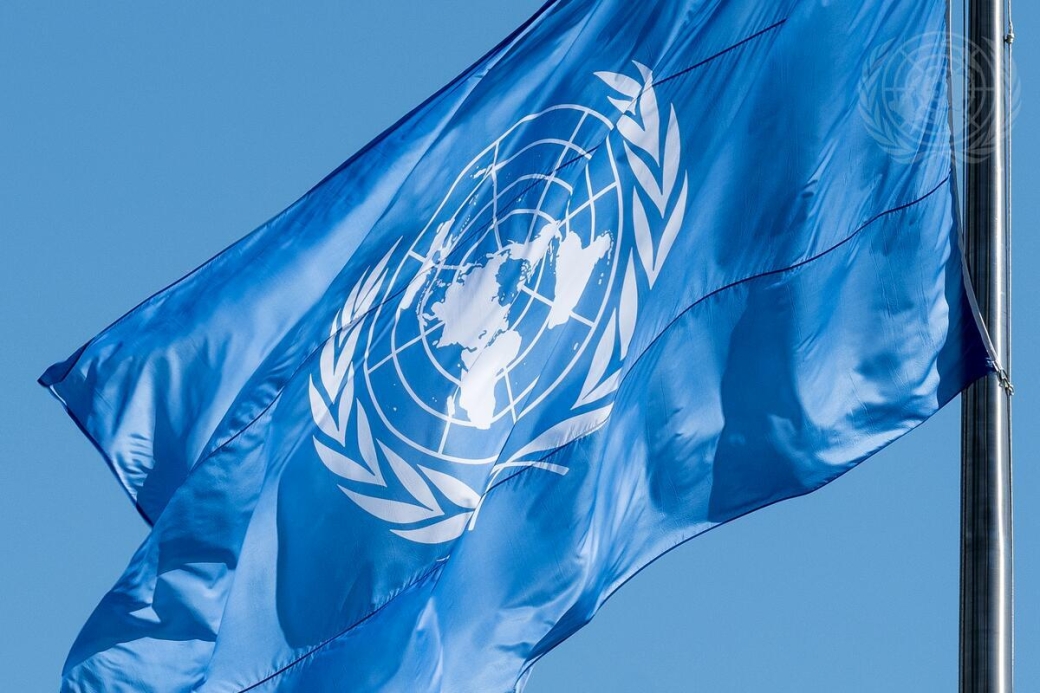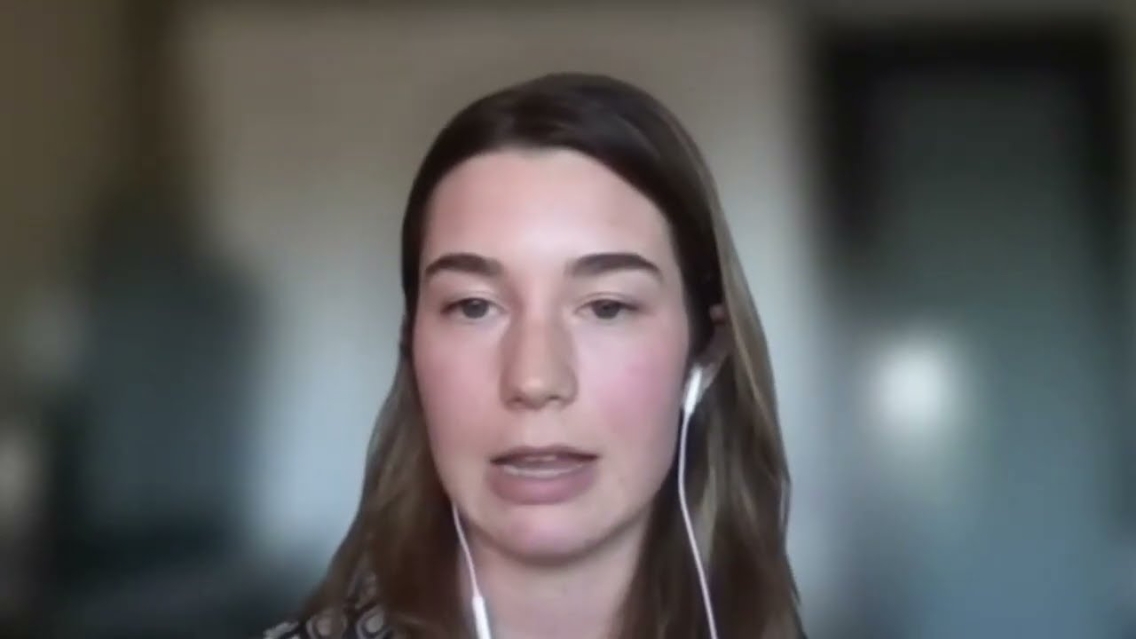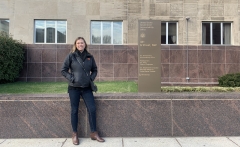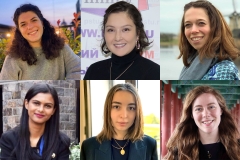Middlebury Institute Named a GAO Partner School, Enhancing Internship Opportunities for Students
| by Jason Warburg
The Government Accountability Office has named the Middlebury Institute a partner school, ensuring targeted outreach and recruiting of Institute students for internships that frequently result in job offers after graduation. The designation came about after extended collaboration with MIIS and Middlebury alumni employed at GAO.





